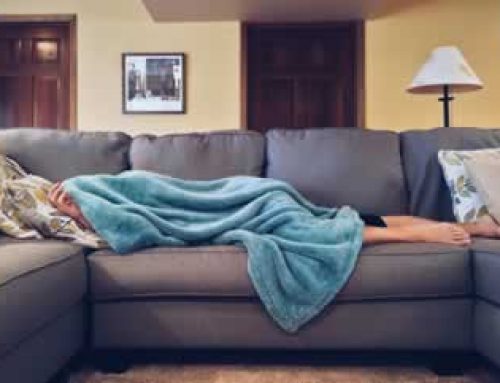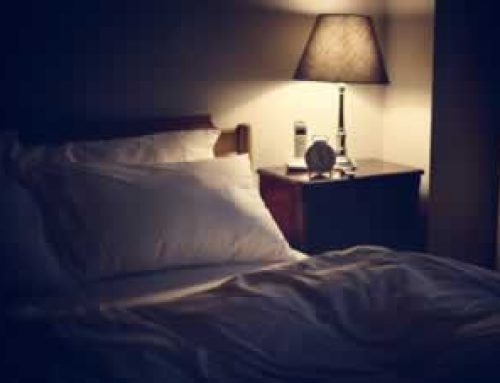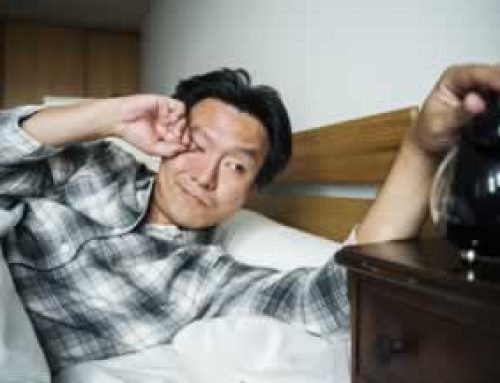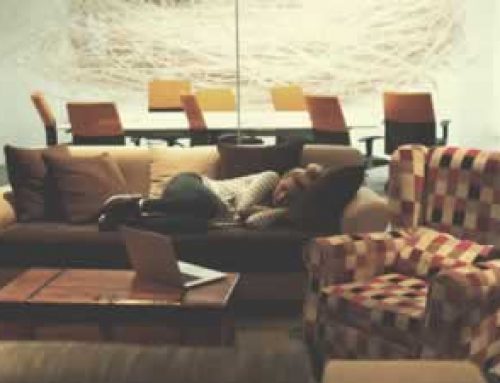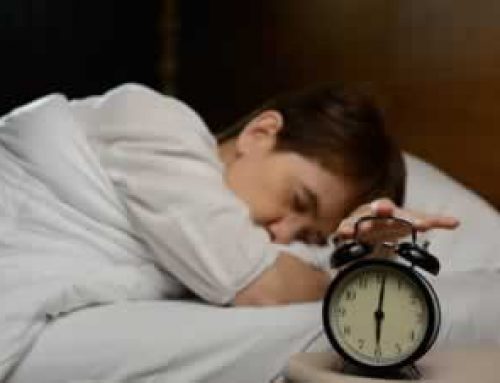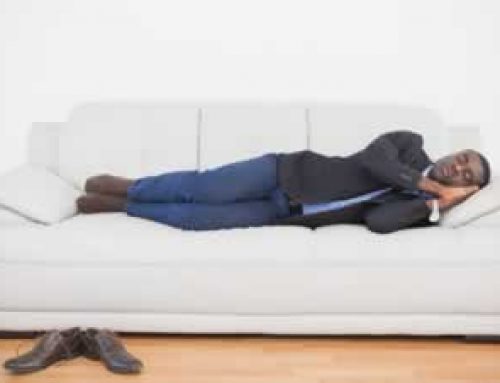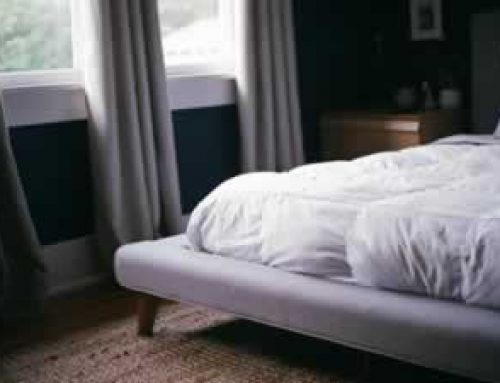Warning: These 3 Technology Mistakes Will Destroy Your Sleep
Technology has come to play a role in our lives 24/7. From the moment we wake up to the moment we fall asleep it’s there beckoning for your attention. In fact, a 2018 Nielsen Company audience report revealed that adults in the United States devoted a little over 11 hours each day engaging with gadgets as they consume media. That’s just media use! It doesn’t even include the amount of time people spend talking, texting, or doing other activities. Research estimates that we spend a little over 2 more hours communicating using phone calls, texting, email, and social media. That leaves about 3 hours a day where we’re not either sleeping or connected to technology!
It’s no wonder technology has invaded our bedroom and is stealing our sleep. Just take a look around your own bedroom – how many gadgets or plugins for gadgets do you see? It’s not uncommon to find seven or more in the average couple’s bedroom. Their very presence makes it easy to make the kinds of mistakes that destroy your sleep. It’s no wonder that only 4 in 10 Americans get a good night’s sleep every night or almost every night.
Here are the top three technology mistakes that will destroy your sleep:
- Reading from or watching a backlit screen before bed – Not only do 6 in 10 Americans use their computers regularly within an hour of bedtime, almost 8 in 10 watch TV in the hour before going to sleep at least a few nights a week.
- Texting before bed – 21% of Americans text every night or almost every night within an hour of bedtime.
- Leave your phone ringer on – 1 in 10 Americans are woken by calls, texts or emails at least a few nights a week
Making these kinds of mistakes is an epidemic:
- 95% of people use electronics in the hour before they slept.
- 65% of adults sleep with their phones on or next to their bed (that jumps up to 90% for 18 to 29 year-olds).
- 25% of people don’t silence their phone before going to bed
- 10% of people are woken up regularly by calls, text or emails
- 10% of people admit to waking up to check their smartphone during the night
- 50% will check their phone immediately if they wake in the night
What causes these mistakes to destroy your sleep? It’s primarily the blue light they emit that disrupts your circadian rhythm. But they also cause disruptions for a couple other reasons. Let’s start by looking at the problem with blue light.

Blue Light
The adverse effect of self-luminous or backlit displays have on sleep is due to the blue light they emit. Blue light suppresses melatonin and shifts circadian rhythms. This is because blue light is the same short-wavelength type of light that the sun produces. As the light from your devices hits your eyes, it tricks your mind into thinking it’s day; melatonin production drops. You don’t even have to be looking at them directly for this to happen; it can be caused by passive exposure.
Research suggests that exposure to blue light for two hours before sleep can suppress melatonin by at least 22%, making it harder, if not impossible, to get to sleep.
What is melatonin?
The presence of blue light during these night hours is known for preventing the release of the hormone melatonin, which is associated with regulating biological rhythms and sleep cycles. Typically, leading up to sleep, the pineal gland (a pea-sized organ in the brain) is activated by optical darkness (lack of light). The gland then begins releasing melatonin and signals the physiological process that prepares the body for sleep. If you are exposed to enough blue light before bed, the gland can stop the release of melatonin, making it harder for the body to prepare for deep rest. It’s important to note that you don’t have to stare directly into the device to feel its impact, all you need is enough blue light to reach your eyes to feel the impact.
Blue light suppresses the production of melatonin for more than twice as long as any other light wavelengths. It also alters circadian rhythms by twice the degree. The combination of which has a significant impact on health and can lead to mood disturbances and compromise cognitive function. It is also known to create problems with the cardiovascular, metabolic, and immune systems.
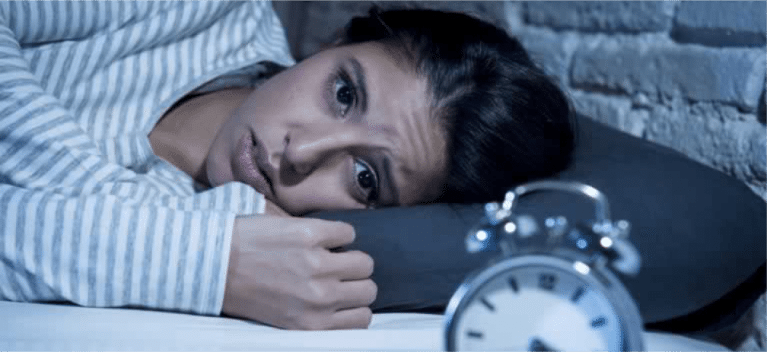
Heart Rate & Stress
Typically, your heart rate begins to decrease as you get ready to fall asleep and continues on until you reach deep sleep. Watching media, television, and playing video games can raise your heart rate and stress levels before bed. They can also be increased by being suddenly awakened by a ringing phone or alerts during the night. This makes it harder to get to sleep and stay asleep.
This occurs in part by rising cortisol levels – a stress hormone produced by the adrenal gland. The longer you engage with tension-filled video games or media, the more likely that your body will start producing cortisol in response to the fight or flight response your body feels. Plus, your exposure to the blue light that affects your melatonin levels increases. The next thing you know, both the quality and quality of sleep you will get are further lowered.
Not only will you be tired, but your ability to encode new information is also reduced since there will be less time for REM sleep.
Taking Action
If you want to get a better night’s sleep, cut out the technology use and relax before bed with a non-luminous e-reader, music, or a good old-fashioned book. Put your technology to bed in another room! The combination of constant connectivity and blue light is destroying your sleep.






